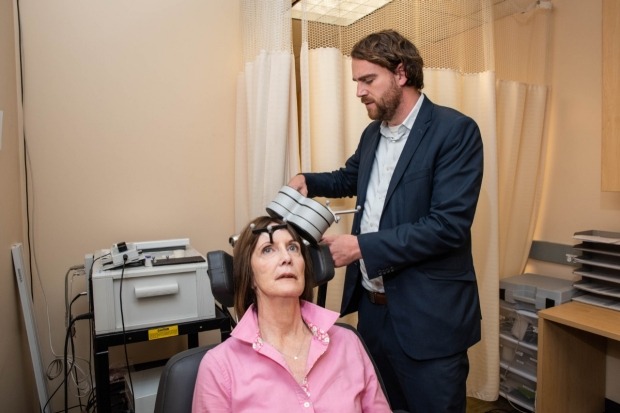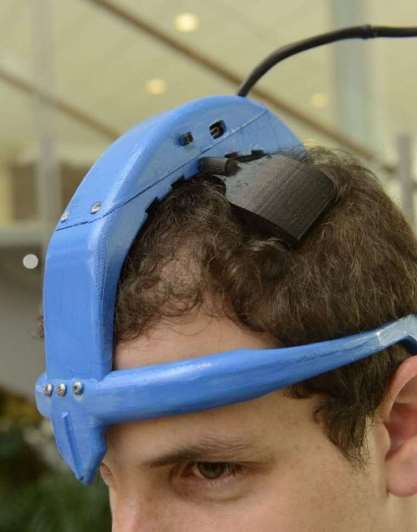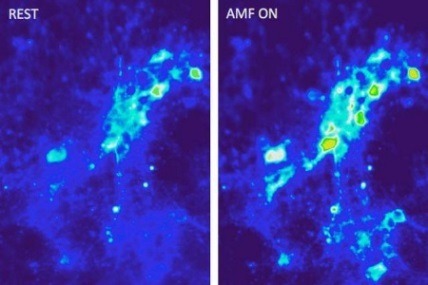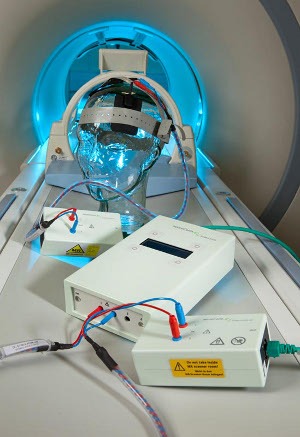Posts Tagged ‘noninvasive brain stimulation’
Reinventing depression treatment via transcranial magnetic brain stimulation (TMS)
___ Stanford researchers devise treatment that relieved depression in 90% of participants in small study (press release): “A new form of magnetic brain stimulation rapidly relieved symptoms of severe depression in 90% of participants in a small study conducted by researchers at the Stanford University School of Medicine … In transcranial magnetic stimulation, electric currents…
Read MoreDr. Anna Wexler to discuss the Present and Future of DIY Brain Enhancement at the 2017 SharpBrains Virtual Summit (December 5–7th)
_____ Proud to confirm that Dr. Anna Wexler, a science writer, filmmaker and postdoc fellow in advanced biomedical ethics at the Department of Medical Ethics & Health Policy at the University of Pennsylvania, will discuss the Present and Future of DIY Brain Enhancement (especially brain stimulation modalities such as tDCS) at the upcoming 2017 SharpBrains Virtual…
Read MoreTrend: From brain surgery towards non-invasive brain stimulation therapies
. BRAIN-STIMULATING HELMET MAY HELP PARKINSON’S PATIENTS (Popular Science): “When Michelle Lane was incapacitated by Parkinson’s disease, her best option was brain surgery. Electrical leads were surgically implanted into her skull, and a pacemaker-like device installed to deliver electrical signals to the movement region of the brain. Now
Read MoreNon-invasive brain stimulation meets nanotechnology
. MIT Researchers Develop Wireless, Noninvasive Deep Brain Stimulation Approach (Med Device online): “Scientists have introduced a novel method of administering brain stimulation that requires no implants or external connections. By injecting magnetic nanoparticles into the brain, researchers have found that they can manipulate neurons by applying external magnetic fields
Read MoreCognitive enhancement in the future: electric brain stimulation plus cognitive training?
Electrical Brain Stimulation Helps People Learn Math Faster (Wired): “…scientists stimulated volunteers’ brains with mild electric current while they learned new arithmetic operations based on made-up symbols. People who received brain stimulation during training sessions on five consecutive days learned two to five times faster than those who received sham stimulation, and they retained a…
Read More




